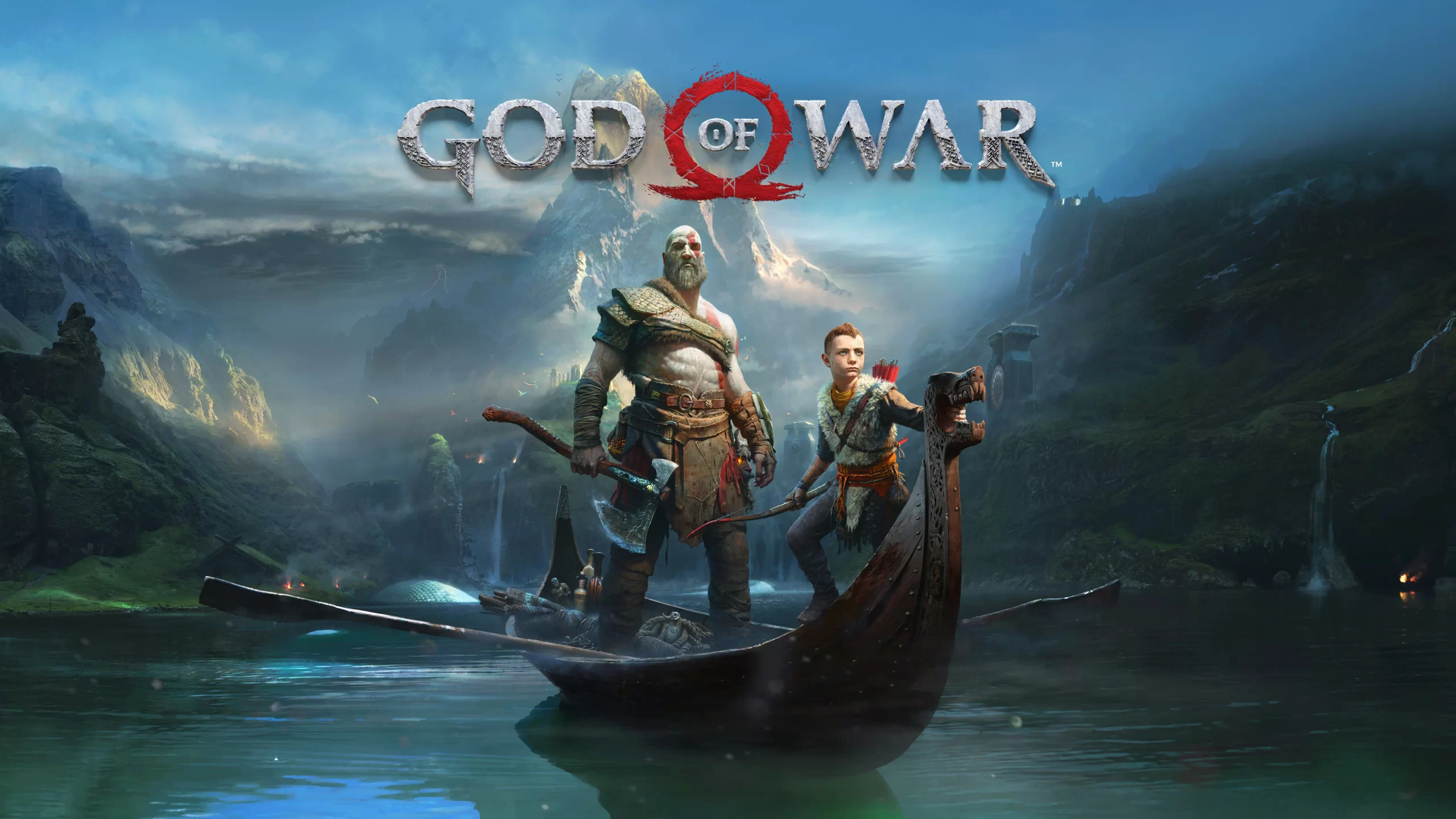Introduction:
In the world of gaming, few franchises have captured the hearts of players like “God of War.” Developed by Santa Monica Studio and first released in 2005, this action-adventure series quickly became an iconic staple of the gaming industry. The latest installment, simply titled “God of War,” took the gaming world by storm upon its release. In this blog, we’ll delve into the epic journey of Kratos, the protagonist, and explore the game’s immersive blend of storytelling, gameplay, and Norse mythology.
The Origins of Kratos:
Kratos, the central character of the franchise, started as a Spartan warrior seeking to avenge the death of his family. Bound to the Greek gods, Kratos becomes the “Ghost of Sparta” and embarks on a relentless quest for vengeance, leaving a trail of chaos in his wake. This darker tone of the early games established the series as a brutal, action-packed experience.
A Change in Direction:
With the release of the seventh installment, “God of War” (2018), the developers decided to reimagine the franchise. Departing from Greek mythology, the game introduced players to a more mature and vulnerable Kratos, living in the world of Norse mythology. This reboot not only refreshed the series but also opened new possibilities for storytelling and character development.
A Father-Son Journey:
The heart of the 2018 “God of War” lies in the relationship between Kratos and his young son, Atreus. We witness a transformation in Kratos as he becomes a protective and caring father figure, a far cry from his former self. The bond between father and son provides a strong emotional core to the narrative, adding depth and empathy to the character of Kratos.
The Evolution of Gameplay:
The gameplay in the new “God of War” also received a significant overhaul. Adopting a third-person over-the-shoulder camera perspective, the game feels more intimate, allowing players to connect more closely with Kratos and Atreus. The combat system was redesigned to be weightier and more tactical, requiring players to think strategically during battles.
Immersion into Norse Mythology:
One of the highlights of the reboot is its immersion into Norse mythology. Players encounter a wide array of mythical creatures, gods, and realms from Norse folklore. The game does an excellent job of blending the rich tapestry of Norse mythology with its own unique narrative, providing an engrossing experience for both fans of the series and newcomers.
Visual and Musical Masterpiece:
“God of War” is a visual marvel, boasting stunning landscapes, intricate character designs, and realistic animations. The game’s musical score, composed by Bear McCreary, complements the epic journey perfectly, setting the mood and elevating emotional moments to new heights.
Conclusion:
“God of War” stands as a testament to the power of storytelling and character development in gaming. The evolution of Kratos from a vengeful warrior to a compassionate father figure, coupled with the immersive Norse mythology, makes this reboot a masterpiece in the gaming industry. Whether you’re a long-time fan of the franchise or new to the world of God of War, this game will undoubtedly leave a lasting impression on anyone who embarks on this epic journey.

